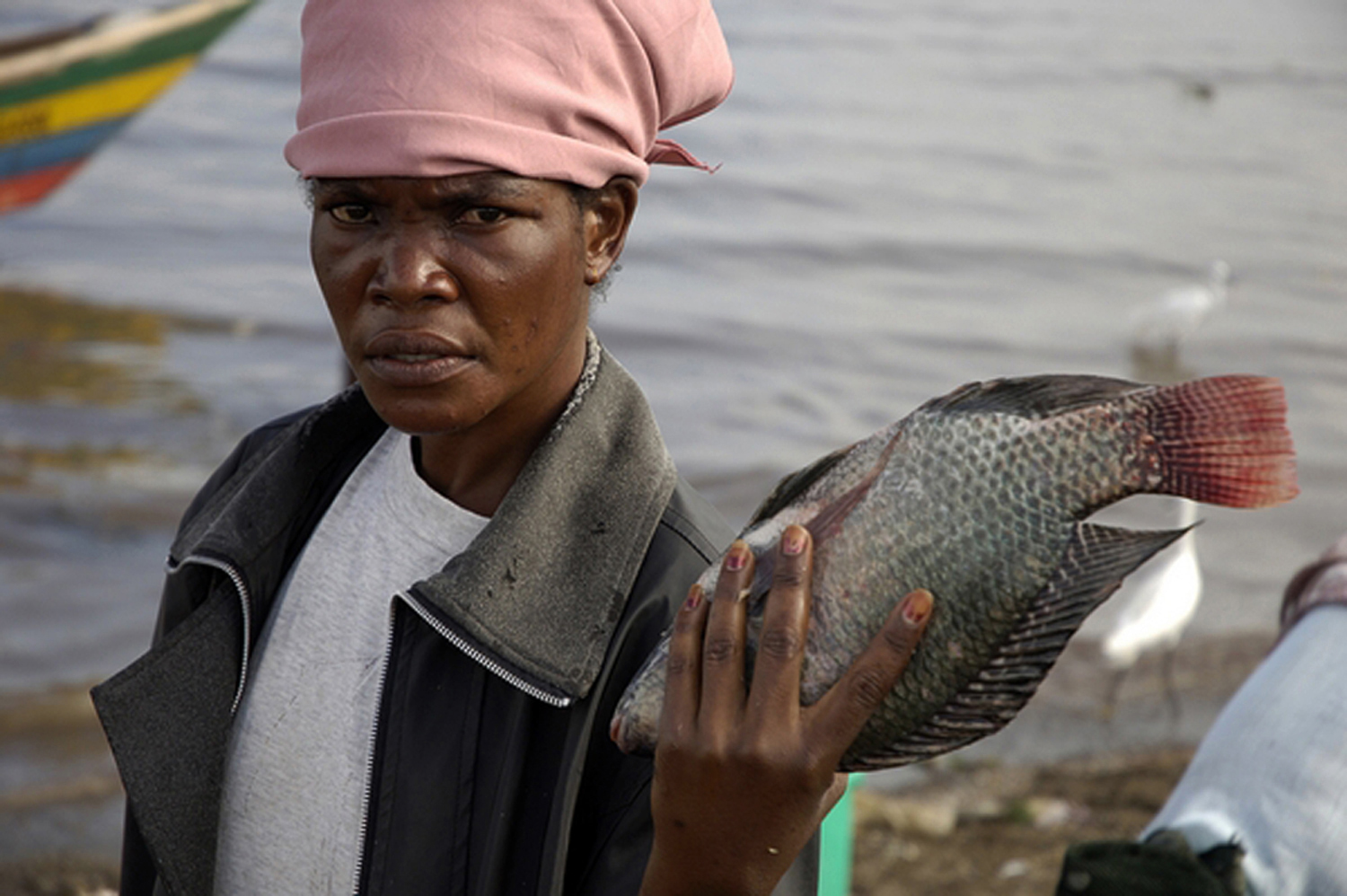"We have limited data from research that has been done in small isolated studies among the fishing communities on the lake; we hope this study will give us national data to feed into the regional picture for HIV intervention on the entire Lake Victoria basin," said Elizabeth Birabwa, communication officer for the Lake Victoria Fisheries Organisation (LVFO).
Official government statistics put HIV prevalence in fishing communities at 28 percent, more than four times the national average of 6.4 percent, but experts fear it could be even higher. According to the LVFO, HIV prevalence in fishing communities could be as high as 40 percent.
The results of the three-year study will feed into the five-year National HIV and AIDS Strategic Plan of the Uganda AIDS Commission and the Ministry of Health, which intends to reduce the rates of infection among vulnerable groups by 40 percent by 2012.
The research is being supported by a grant of 3.5 million Euros by the European and Developing Countries Clinical Trials Partnerships. It will track a cohort of 1,000 participants, and will entail screening, sensitising, and obtaining information to design effective interventions.
Fishing communities have largely been neglected in the national AIDS response, but as more fishermen die from AIDS-related illnesses, the fisheries sector has come under threat; in 2007/08, fish accounted for 12 percent of exports.
High-risk communities
AIDS educators and health professionals trying to provide medical services have found it difficult to reach many of the islands where the fishermen live, while a variety of factors expose them to greater risk.
| Read more | |
"You cannot imagine the level of ignorance among these communities; some people just do not know how the virus is spread - some have no questions and no answers," Dr Pontiano Kaleebu, principal investigator of the study, told IRIN/PlusNews.
Fishermen often have sex with local women when they bring their catch to the mainland, acting as a bridge for spreading the virus to the general population.
Two hundred people have so far been enrolled in the new study, which will take place at three sites on islands and the shore of Lake Victoria in the central districts of Masaka and Entebbe. "People are enthusiastic about it and are participating actively because they feel they have been neglected," Kaleebu said.
en/kr/kn/he
This article was produced by IRIN News while it was part of the United Nations Office for the Coordination of Humanitarian Affairs. Please send queries on copyright or liability to the UN. For more information: https://shop.un.org/rights-permissions





